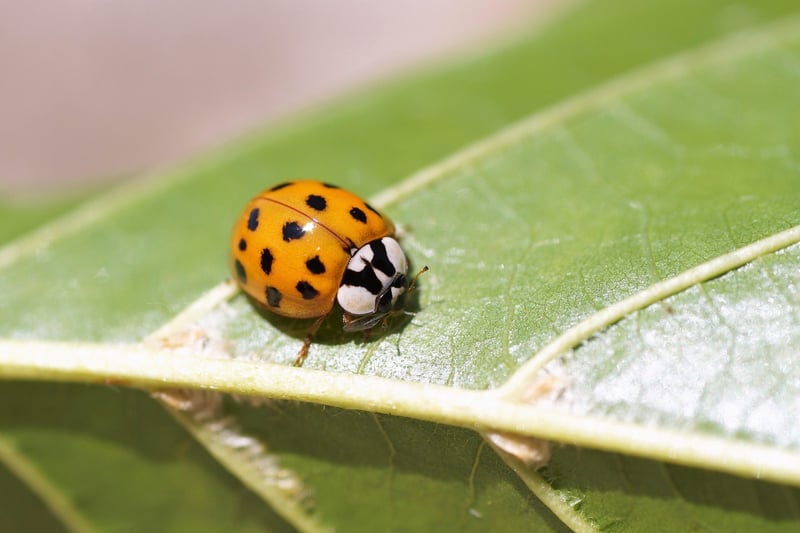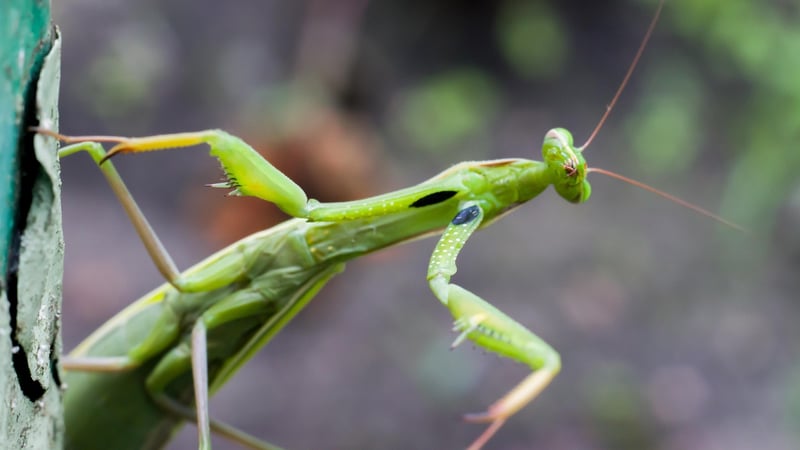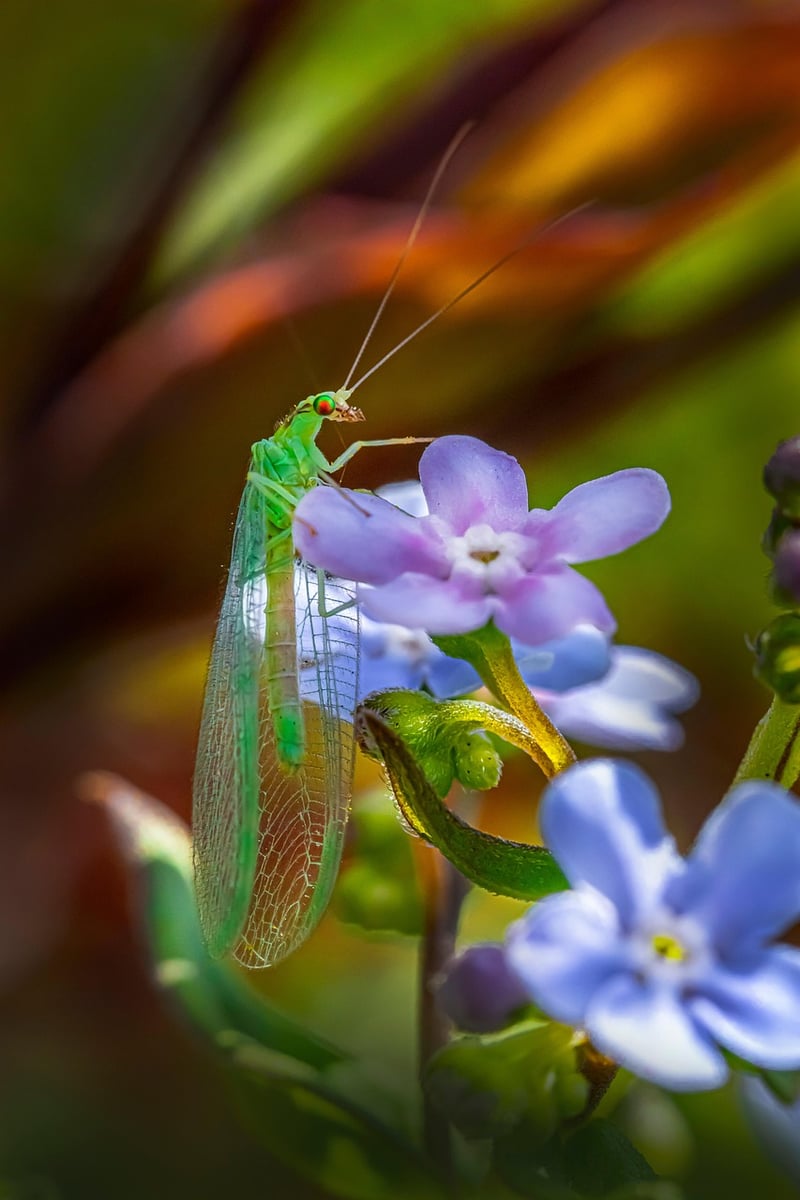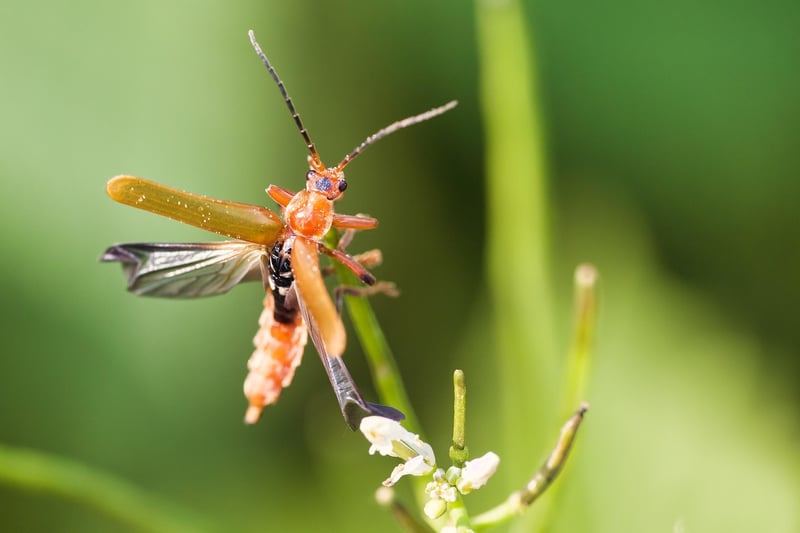Beneficial Insects
Protecting Your Garden with Beneficial Insects
Having a healthy and flourishing garden requires more than just watering and weeding. One essential aspect of garden maintenance is pest control. While chemical pesticides can be effective, they can also harm beneficial insects that play a vital role in maintaining the balance of your garden ecosystem. One eco-friendly and sustainable alternative is using beneficial insects to protect your garden.
What are Beneficial Insects?
Beneficial insects are insects that prey on garden pests, helping to keep their populations in check. By attracting these good bugs to your garden, you can naturally control pest problems without the need for harmful chemicals.
Common Beneficial Insects
- Ladybugs: These colorful beetles feast on aphids, mealybugs, and other soft-bodied insects.
- Praying Mantis: Known for their voracious appetite, praying mantises eat a wide variety of garden pests.
- Lacewings: Lacewing larvae are efficient predators of aphids and other small insects.
- Ground Beetles: Ground beetles are nocturnal predators that feed on slugs, snails, and caterpillars.
Attracting Beneficial Insects to Your Garden
Creating a welcoming environment for beneficial insects is key to successfully incorporating them into your pest management strategy. Here are some tips to attract these helpful bugs:
- Plant a diverse range of flowers that provide nectar and pollen for adult beneficial insects.
- Include plants that host beneficial insect larvae, such as dill, fennel, and parsley for ladybugs.
- Avoid using broad-spectrum pesticides that can harm both pests and beneficial insects.
- Provide shelter for beneficial insects by incorporating features like rock piles and log piles in your garden.
Conclusion
By harnessing the power of nature's pest control agents, you can protect your garden from harmful insects while promoting a healthy and balanced ecosystem. Embracing beneficial insects is not only environmentally friendly but also sustainable in the long run.
Remember, a diverse and thriving garden is not just a beautiful sight but also a harmonious habitat where beneficial insects and plants coexist in perfect symbiosis.




